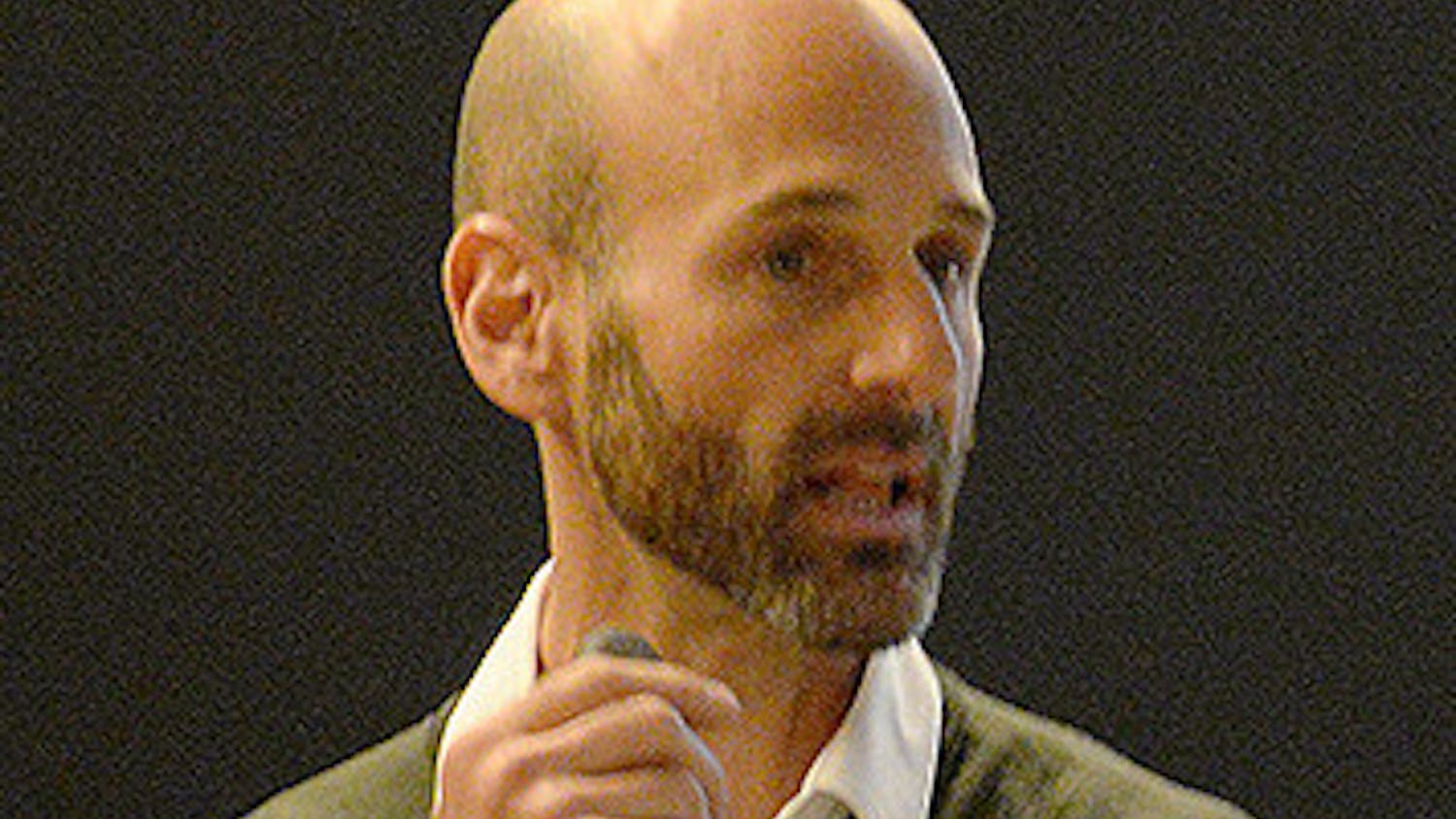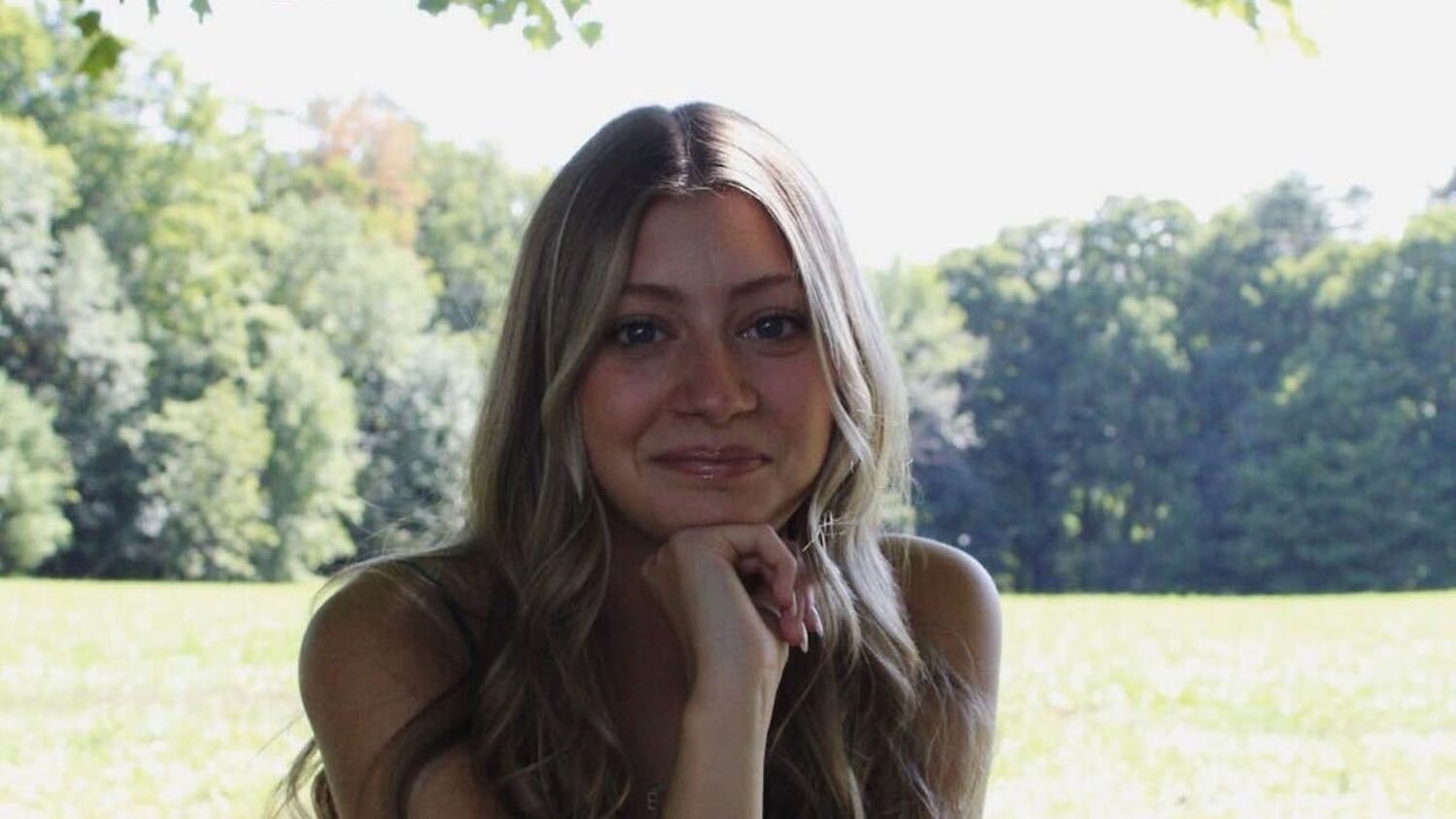A recent Eagle article reported on American University’s alleged disability accommodations, along with another article that focused on potential ADA violations surrounding AU’s shuttle buses.
A common theme between these two articles is how disabled students felt misguided by University claims in being accessible to all and having additional credibility in ranking as the 8th best college for students with learning disabilities. A common experience shared by many members of the disabled community is ASAC’s alleged lengthy and invasive application process. Within the application, the individual must provide proof of disability, which is seemingly the most amount of paperwork that students have to fill out in comparison to regular paperwork for a doctor’s visit.
These actions aren’t anything new about ASAC. Last semester, The Eagle editorialized on the extremely difficult transition disabled students had faced in returning to campus that followed after having their accommodation requests being ignored. Within the last few years, there have been numerous complaints about ASAC, from its paywall for one of its programs to telling students to hire their own assistant in traveling to class.
The intentions of the University are questionable. It seems that its purpose isn’t necessarily to assist students, but to purposely make it a cumbersome process for students so that they can give up half-way and the University, in turn, doesn’t have to go out of its way to accommodate.
AU has diverted its responsibility in maintaining accessibility to faculty, professors and employees and it has proven to be ineffective. University spokesperson Elizabeth Deal told The Eagle that ASAC provides disability awareness training to shuttle drivers upon request and that the shuttle is responsible for fully training drivers. With this expectation placed on drivers, who are likely not receiving incentive for these trainings and have to manage a stressful minimum wage job, there is a less likelihood that they would partake in them. In addition, there are cases where students may not feel comfortable facing professors one-on-one to request accommodations due to the process being anxiety-inducing and the potential insensitivity from the instructor.
A member of the AU Disabled Student Union noted that the organization keeps a running list of professors who are disabled-friendly, which speaks volumes about how AU has failed many of its students. In a response to allegations of ASAC being inaccessible, the University refers to facts and figures about the number of students they have assisted and the services they provide, failing to address the serious concerns of ADA violations. The nonchalance in their statement is apparent that the University forgets that these individuals are real people who are enrolled into their institution, viewing them as data points instead.
It's an ongoing practice for the University to take on a detached role in the accommodation process, leaving disabled students to convince AU that they deserve to be accommodated. How are we, as AU loves to say, a “community of care” if we don’t care enough to aid our disabled students? AU takes so much from its students and gives little in return nor utilizes the resources it has amounted to resolve the violations that occurred on its campus.
We call on the University to alleviate the harms caused upon students through first establishing a system of accountability for themselves and revamp its system that fails the disabled community on campus. This should include a board of officials to oversee potential violations of the ADA by ASAC and the University, hiring ASAC staff with lived experiences and medical backgrounds and reorganizing the ASAC office to dedicate certain issues into divisions.
It’s time to extend beyond the buzzwords and make the University deserving of the boost that they award themselves in order to better serve its students.





